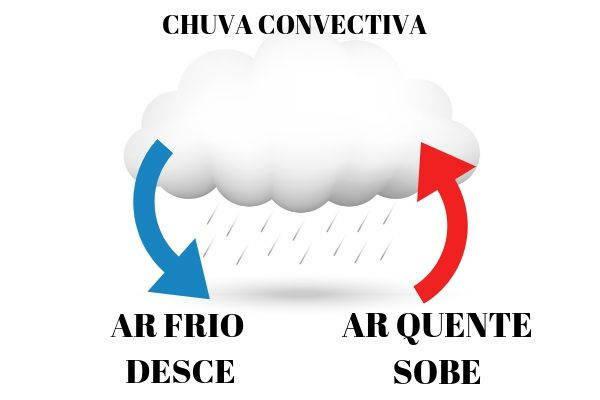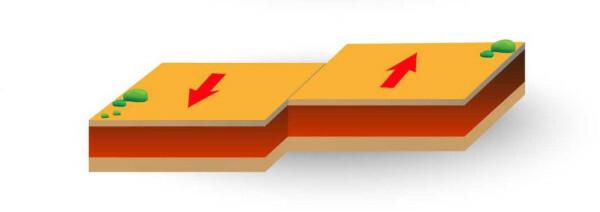Rural exodus it is a process of migration in which people move from the countryside to the city. This name was chosen to portray large-scale change, that is, when the number of people moving is high during a certain period.
It is important not to confuse: when a single person or family leaves your farm to live in the city no it is rural exodus. It is only a rural exodus when many families leave the countryside during the same period.
Why do people leave rural areas to live in urban areas?
For many reasons. The main one is the process of replacing man by machine in the field. In this way, a single piece of equipment does the work that would be done by many workers. This process contributes to the unemployment of these workers, who move to the cities in search of employment.

The mechanization of the countryside is responsible for unemployment and rural exodus
Another reason is the concentration of land in the agrarian space, that is, an increasingly larger space for an increasingly smaller number of people. These spaces are not used for housing and production of food for the population in the countryside, but for the cultivation of products aimed mainly at export.
And what are the consequences of the rural exodus?
The consequences of the rural exodus are felt in the cities. Most of the people who leave the field do not have a good level of education, let alone some kind of specialization. As a result, they become unemployed or get jobs that pay very low wages. These people become street dwellers, they go to live in slums or very poor neighborhoods.
The rural exodus also causes the cities to swell, that is, many people are living in the same place. Cities like São Paulo, Rio de Janeiro, Salvador, Goiânia, Curitiba, Belo Horizonte, Manaus and many others have greatly increased their populations in the last 40 years because of the rural exodus in Brazil. And they keep increasing.

Cities have greatly increased their populations because of the rural exodus
By Rodolfo Alves Pena
Graduated in Geography


